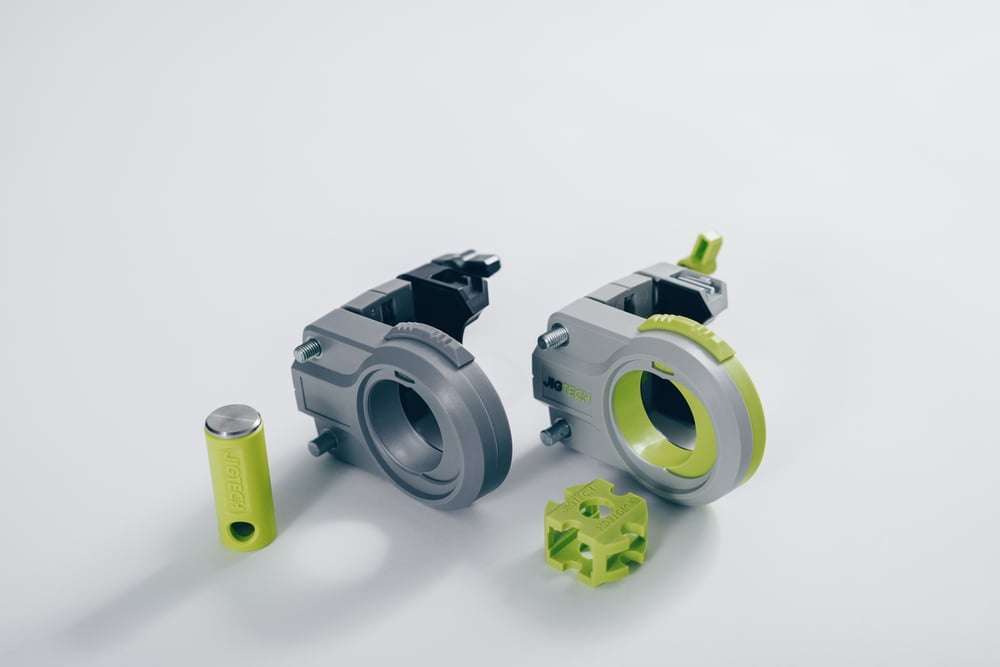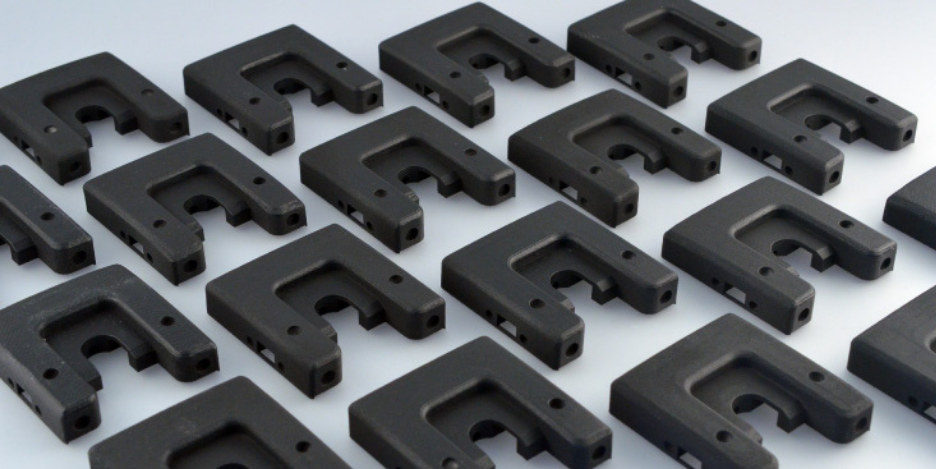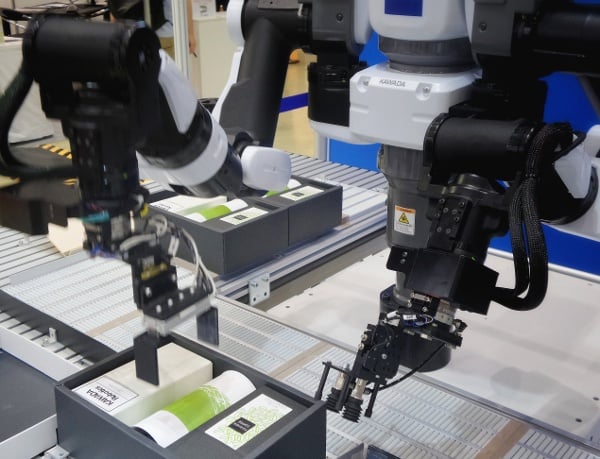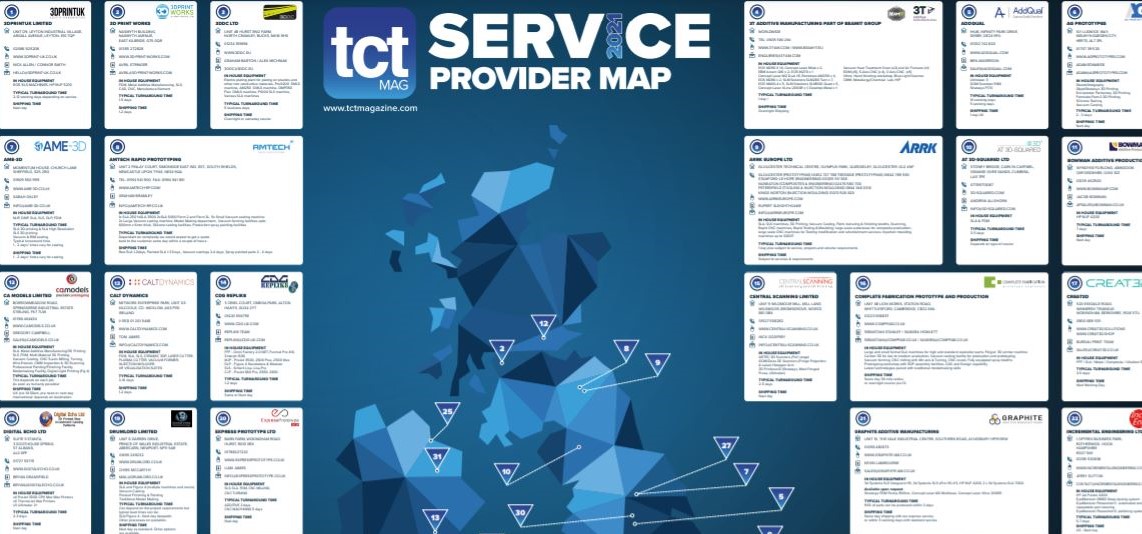With UK businesses developing their post-Covid bounce back plans, a new emphasis is put on innovation and invention. Identifying cost-effective, repeatable and sustainable technologies is important for businesses to thrive in our changed world.
Yet at this stage it’s difficult to pinpoint which new technologies can provide all of these benefits. Rather than reinvent the wheel, we believe in re-evaluating and adapting tried and true technologies. Low volume 3D printing and casting technologies in particular have the potential to accelerate the UK’s economic recovery.
UK’s R&D Growth
For centuries, the UK has grown its reputation as one of the most inventive and innovative nations in the world. UK inventions range from industrially significant ones such as Jethro Tull’s seed drill and Thomas Savery’s steam engine to consumer classics like Peter Durand’s tin can and the Russel Hobbs automatic kettle.
The next 5 to 10 years will be highly significant, as the UK government has committed to a 2.4% GDP investment into R&D by 2027 and to increase public funding to £22 billion per year by 2024.
It therefore comes as no surprise that experts are predicting an R&D boom.
Rapid Prototyping: Unlocking the R&D Opportunity
3D printing and casting technologies lend themselves well to rapid prototyping as the speed, material choice and processes are ideal to test the form, fit and function of a prototype quickly. This enables a fail fast and learn approach. Iterations can then be run with knowledge from the previous prototype, decreasing the product development cycle.
In the recent past, global brands have taken advantage of all the benefits rapid prototyping technologies provide. As demand for rapid prototyping grows, costs are decreasing enabling SMEs and start-ups to exploit these technologies for R&D too.

Final Part Production
According to the 2021 Wohlers Report, worldwide investment in Additive Manufacturing for final part production has increased by roughly 750% from just under $200k in 2008 to $1.7m in 2020.
Several UK industries are adopting low volume 3D printing processes for part production, for example:
- Automotive industry
- DIY and Hardware industry
- Technology industry
Yet, as sustainability and recyclability gain ever more and much needed importance, the spare part industry is predicted to quickly be on the rise. Easy access to final spare parts would be beneficial to multiple UK industries, such as:
- Kitchen and home appliances industry
- Consumer goods
- Tech and gadget industry
- Healthcare and medical device industry
- Sport and leisure industry
While some big brands have invested in in-house Additive Manufacturing, many UK businesses aren’t aware how easy an experienced, external provider could meet their part production needs and be fully integrated into the business’ manufacturing process.

Hassle-Free Direct Manufacturing
While 3D printing and Low Volume Production technologies have traditionally been used for prototyping, UK businesses of all sizes can use them for direct manufacturing projects as well. The speed of low volume 3D printing combined with the high quality of secondary operations can open up new possibilities for manufacturing.
High quality and consumer ready end-use products can be directly manufactured by experienced additive manufacturing providers avoiding the need for inflexible and expensive tooling costs. Polymer casting technologies especially present more opportunities than ever before for cost-effective, customisable and on-demand direct manufacturing.
UK industries which are already using on-demand direct manufacturing to expand their current offerings include:
- Healthcare and medical device industry
- Kitchen and home appliances industry
- Electronics housing and electrical appliances industry
- Sport and leisure industry
As supply chains become more secure and consumers enjoy even faster delivery, dropshipping end-use products directly to the public rather than to wholesalers is a growing trend. It’s yet to be seen for which industry dropshipping consumer products will be most beneficial, and we’re excited to see how this trend matures into a best practice process.
Supply chain security
The pandemic has highlighted how fragile global supply chains are, and how quickly a supply chain collapse can critically impact a business. While reshoring certain production lines has been in the media for some time, the pandemic has accelerated the need for UK brands to consider supply chain agility. This can be achieved either via a local back-up supply plan, or by completely transferring key production steps of the supply chain to local providers.
While no-one can predict the future, the advances in 3D printing for manufacturing and Low Volume Production easily lend themselves to manufacturing. The UK’s manufacturing renaissance and leadership in green energies relies on using technologies that can provide acceleration, innovation, and adaptation of the current processes.
Product designers and manufacturers doing the same old, same old will keep the UK exactly where it is now, and even lead to the UK’s economy being left behind. However, by utilising industrial 3D printing and Low Volume Production technologies, UK businesses will not only secure their supply chains from future unforeseeable disruptions but empower the UK economy to thrive.

AME-3D’s Technical Sales Manager, Andrew Scholey, who has over 15 years of tooling, production and prototyping experience, sees Low Volume Production and 3D Printing for Manufacturing’s role in the UK’s economy to be the following:
“UK companies have only scratched the surface of innovation and product development possibilities. These are highly exciting times for designers, engineers, SMEs’ , start-ups and blue-chip companies as the full potential of additive manufacturing is yet to be unlocked.
As a team of expert service providers, we strive to guide our customers towards the best possible solution for their product development. Yet there are still several UK businesses out there unaware of how 3D printing and casting technologies could improve their prototyping, part production and even manufacturing processes.
For the UK economy to thrive over the next 5 to 10 years, it’s important for the engineering and manufacturing community to share their know-how and skills; and to encourage UK businesses to explore new and innovative ideas with tried and tested technologies.”
If you’re looking to optimise your prototyping, part production, manufacturing or supply chain processes and would like to explore how low volume 3D printing and casting technologies can help, contact our team today.



